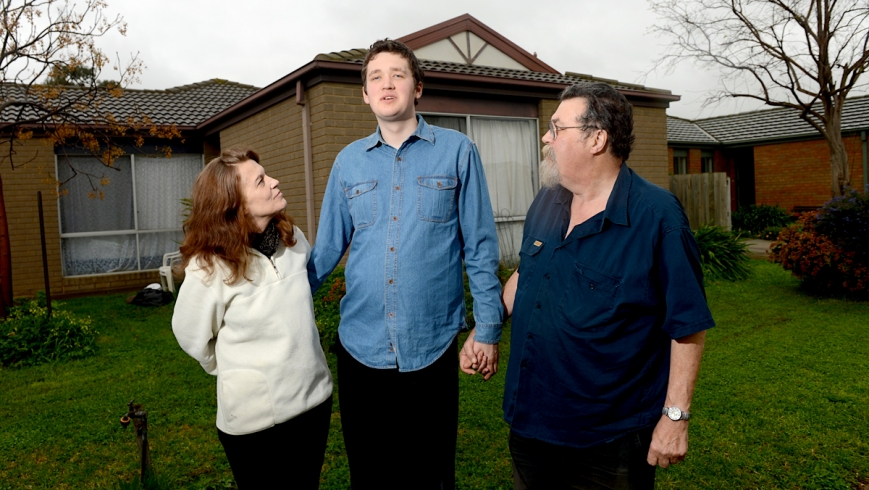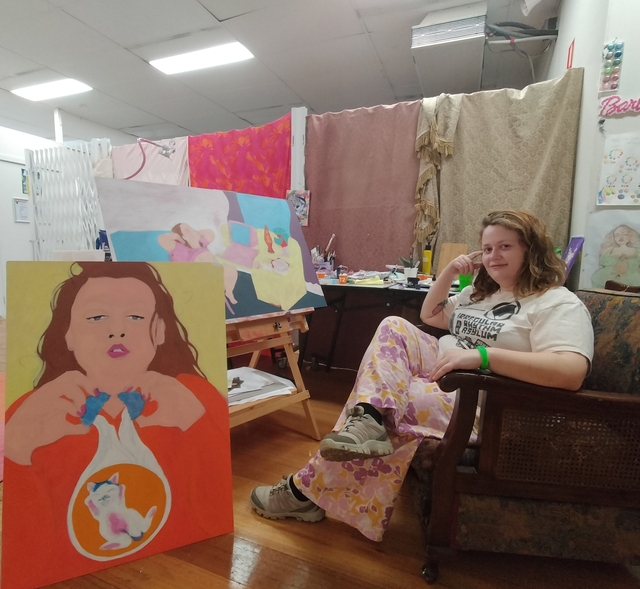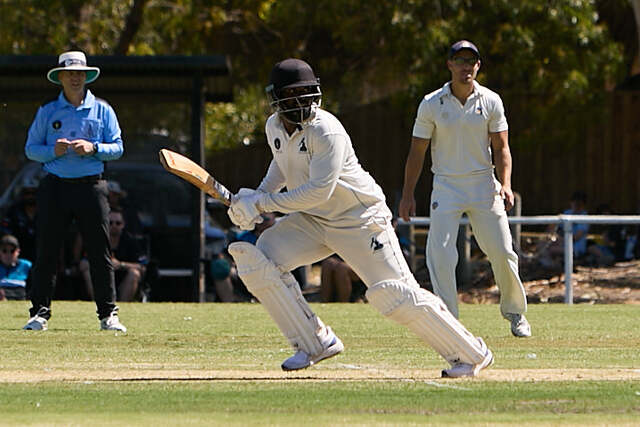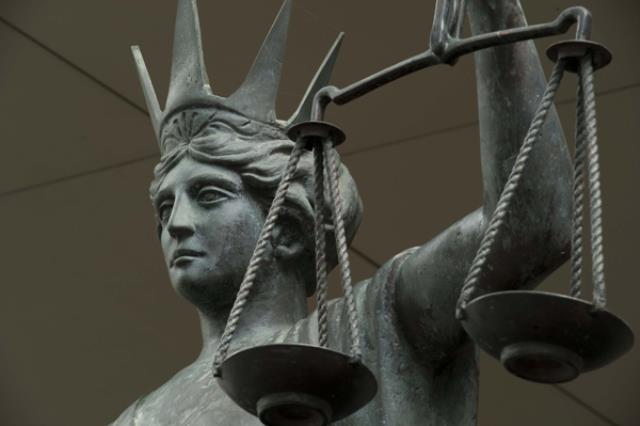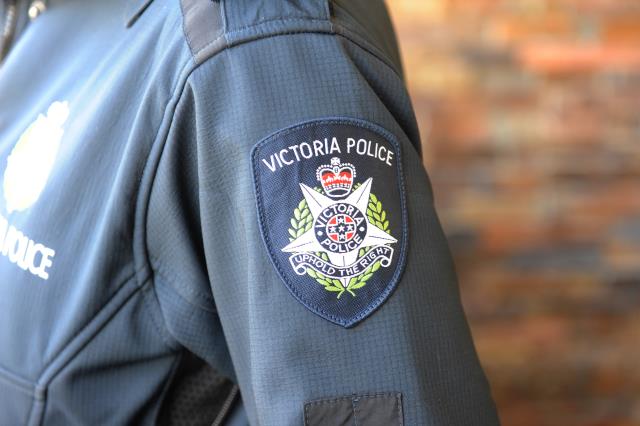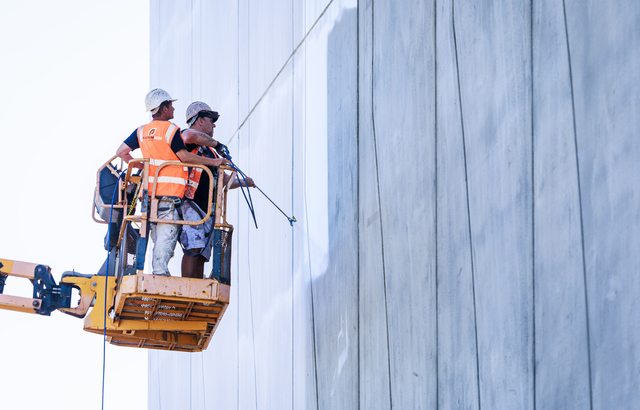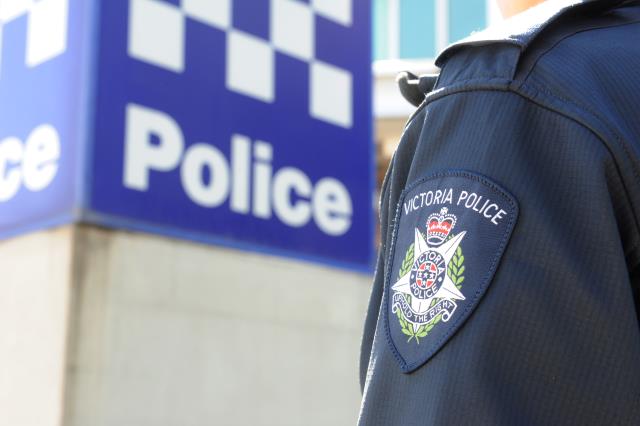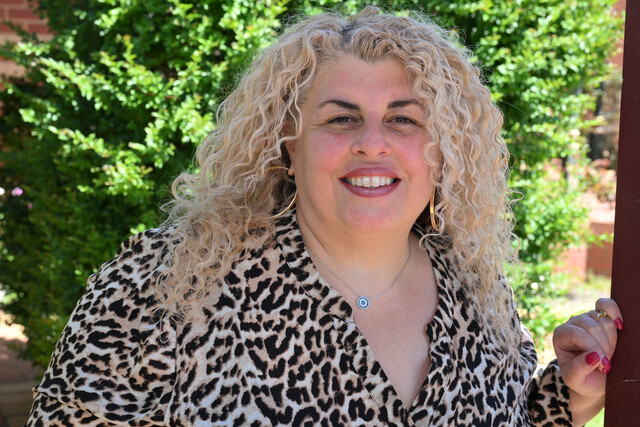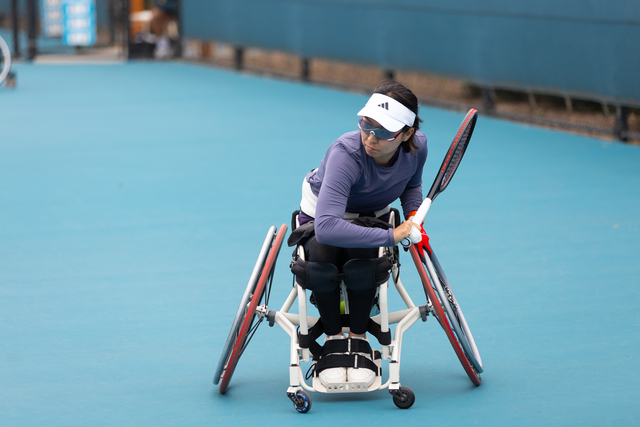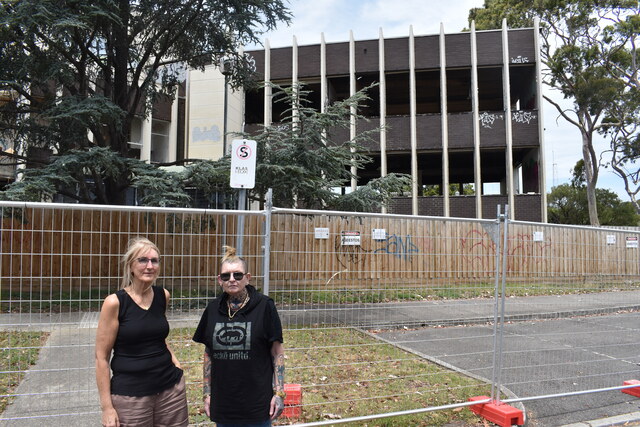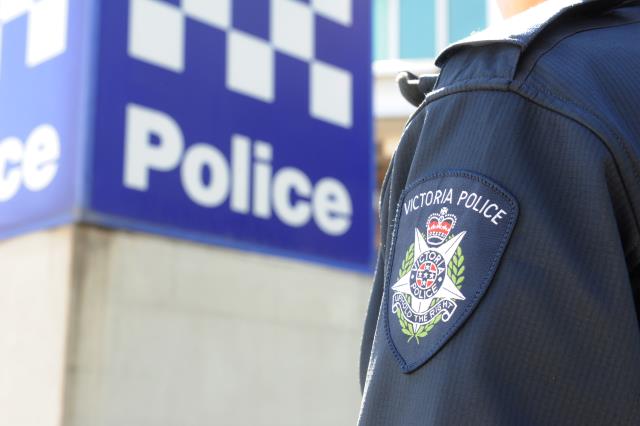The Napthine government has backed down from plans to impose massive rent increases on people living in state-run disability care after thousands of Victorians with disabilities launched a class action legal challenge.
Representing more than 2000 residents with disabilities at an initial hearing last week, Villamanta Disability Rights Legal Service was given the green light to begin legal action against the government.
Ahead of proceedings that were set to start at the Victorian Civil and Administrative Tribunal on September 13, the government on Thursday decided to back down.
The legal action was calling for a reversal of the controversial plan to increase board and lodging fees in state-run accommodation by 50 per cent, to consume 75 per cent of the disability pension, as of December 1.
It was the culmination of a backlash that has been building since April, with parents and carers calling the rent increases “mean-spirited”. They said the changes would have stripped people with disabilities of disaposable income and prevented them from engaging in a “meaningful life”.
Petitions that attracted more than 6500 signatures were to be presented to parliament later this month.
A spokesman for Mental Health Minister Mary Wooldridge confirmed that the government had decided to scrap the planned fee hike.
“VCAT has indicated that it will expect each resident to present their circumstances to the tribunal and the Victorian government is not prepared to put people with disability and their families through such a litigious process,” he said.
“Therefore, the Department of Human Services has withdrawn the notice of a fee increase.”
The state government said higher fees would have ensured Victoria was on par with other states and in line with accommodation run by the community sector.
The changes would have saved $44 million over four years and funnelled more money into support packages for people with disabilities waiting for accommodation.
“The Victorian government remains concerned that the current fee structure is unfair, inequitable and lacks transparency for people with a disability,” the spokesman said.
Kevin Stone, chief executive of the Victorian Advocacy League for Individuals with Disability, who had helped steer the campaign, said the planned fee hike had been “grossly unfair, deeply unjust and poorly constructed”.
“People with disabilities deserved better than this,” he said.
“This is a victory for people with disabilities and their families, who demanded to be recognised as citizens and not as a sub-class living in poverty.
Villamanta solicitor Viv Avery said the government’s decision to back down was a “great turn-around”.
“It should take a lot of weight off the shoulders of our clients with disabilities,” he said.
“It gives people with disabilities and a degree of dignity and a degree of certainty for families who are supporting their children.”
Stephen Lennon’s 20-year-old son Declan lives in supported housing in Altona Meadows and was one of the 2500 people being represented by Villamanta.
He said Declan would have been almost $6000 in the red after one year, factoring in taxi fees to and from his weekday education program and other costs.
“He is high-functioning; he can read, write, comprehend and play piano, so he has a lot of activities,” Mr Lennon said.
“The things he enjoys now he wouldn’t have been able to access without the family supplementing him, but some of the people in these houses don’t have families. Their parents have died or are in their 80s on pensions.
“This is going to mean that when my wife and I aren’t there for him he is still going to be able to have a resonable life and be able to enjoy things everyone else in the country can enjoy.”

